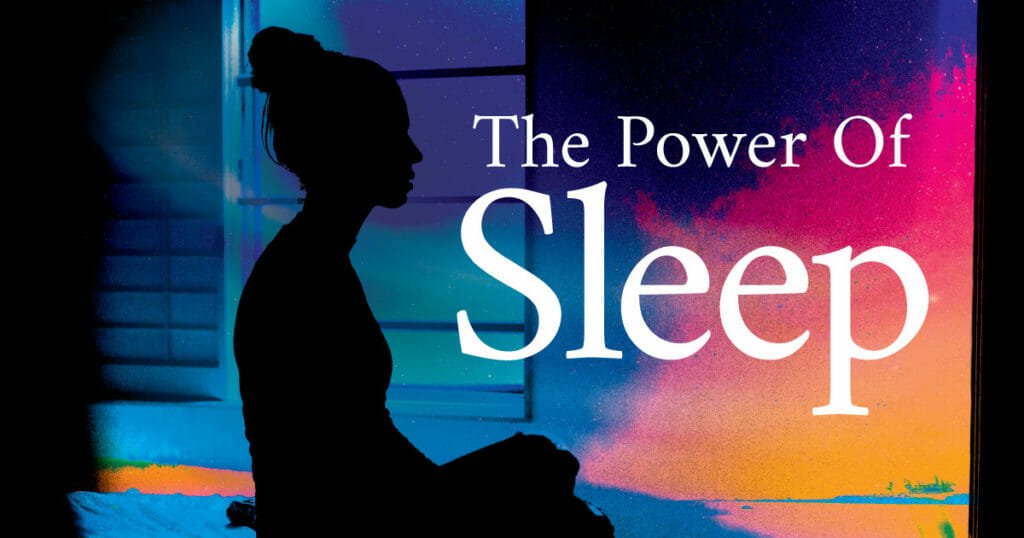Not getting enough sleep is a problem that plagues the majority of Americans – since the start of the COVID-19 pandemic, 77% of American adults haven’t been sleeping as well as they normally have. But even before the pandemic hit, many weren’t getting enough sleep. With unemployment at an all time high added with the extra stress that is brought by a pandemic, sleep problems are becoming worse than ever. But sleep can help you more than just relieving tiredness – sleep can help boost your immunity.
There are three types of immunity, active immunity, passive immunity, and innate immunity, each with their own causes and effects on the body. Active immunity is exposing the body to an antigen to generate a long term adaptive immune response and can be created by vaccinations or recovering from an infection with diseases such as the chicken pox. Passive immunity is providing antibodies from another source to provide immediate, but short term, protection and can be created when antibodies are transferred from a mother to her infant, or through plasma donated by recovered patients. Innate immunity is the body’s ability to fend off an attack from pathogens, even without active immunity or passive immunity. Natural defenses such as coughing, tears, skin, hair, mucus, and stomach acid are all innate immune defenses. The effectiveness of these immunities can be influenced by sleep and a lack of sleep can be very detrimental to both your mental and physical health.
Cytokines are proteins that are produced and released during sleep that help to regulate both innate and adaptive immune systems, and a lack of sleep reduces the immune responses that target inflammation and infection. White blood cells are a group of blood cells that help to fight off infection, control the immune system’s response, and create antibodies and during sleep, they accumulate and fight off antigens trapped by lymphatic tissues.
Learn all about the power of sleep and tips to sleep healthier and easier here.


